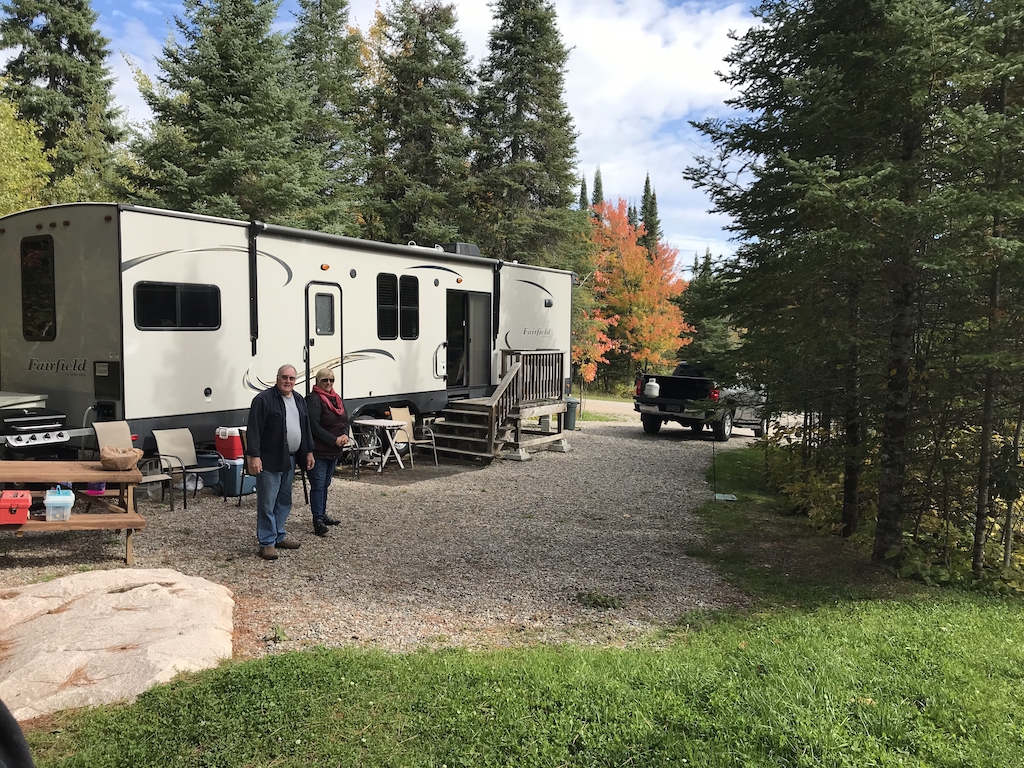
Camping in your RV can be a wonderful way to escape the daily grind. It is vital to take precautions and stay safe while camping.
This blog post will explore the top fire prevention strategies for RV parks and campgrounds. These tips will make your camping trip enjoyable and safe. Continue reading to find out how to prevent fires and stay safe while camping in your RV.
Why Fire Safety in RV Parks is Important
Fire safety is a must when camping in RV parks or campgrounds. It may be tempting for you to believe that only other people are at risk of fires, but the truth is that they can happen anywhere and anytime. The risk is even greater when you are surrounded by natural elements.
It is important to not take fires in RV and campgrounds lightly. Because emergency services are often limited in these areas, it is even more crucial to prevent fires. Fires can have devastating consequences, both in terms property damage and human lives.
You can protect yourself, loved ones and fellow campers by being proactive about fire safety. We will examine the most common causes of campfires, what you must have for fire safety, and preventive measures that you can take. Watch this space for tips on how you can respond safely and quickly in the event of a campfire. We put your safety first!
Understand the common causes of fires at campsites
It’s crucial to know the most common causes of fires in RV parks and campsites. Careless disposal of ashes or cigarettes is one of the main causes of fires. Smoking should only be done in a place away from flammable materials. Cigarette butts must be properly extinguished, and should never be thrown out.
Cooking accidents are another common cause of fires. Grills and campfires should not be left unattended. All cooking appliances should also be used with caution. Keep flammable items away from your cooking area, and keep a fire extinguisher close by.
Campfires can also be caused by electrical issues. Overloading circuits, using cords and outlets that are damaged, or using appliances not intended for camping all increase fire risk. By regularly inspecting and maintaining the electrical system of your RV, you can prevent such issues.
It’s also important to exercise caution when handling flammable liquids, such as propane or gasoline. Store them properly and use only in areas with good ventilation. These precautions will greatly reduce the chances of fires on campsites.
Understanding these causes will help you to be prepared and prevent fires when camping. Enjoy your camping trip and stay safe!
The Fire Safety Equipment you Must Have in Your RV and Campsite
The right equipment is essential when it comes to RV parks and campsites. You should have the following essential items in your RV and campsite to ensure your safety and that of your fellow campers.
A working fire extinguisher should be your first priority. You should have a fire-extinguisher designed specifically for RVs that can extinguish different types of fires including those caused from electrical equipment. It should be kept in a convenient location such as by the exit.
A smoke detector is as important as a fire extinguisher. Install smoke detectors in your RV, and make sure to test them frequently to ensure that they work properly. Place additional detectors in the kitchen and near sleeping areas.
A fire blanket is another essential piece of fire safety equipment. Fire blankets are flame-resistant fabrics that can be wrapped around people if they catch fire or used to smother small blazes. Place it in an accessible area, like the kitchen or near the escape.
Last but not least, ensure that you have an adequately stocked first-aid kit. This should include bandages, burn dressings and any other items necessary to treat injuries or burns that could occur in the event of a fire.
These essential items for fire safety can help you to handle fire emergencies with ease. Enjoy your camping trip while staying safe and prepared!
Fire Prevention Measures to Take When Camping
Camping in an RV can be a great adventure. However, you must take precautions to prevent fires to protect yourself, your family, and other campers. Keep in mind these important fire prevention tips when camping.
- Clear your area Before you set up your camp, be sure to remove any leaves, brush or other flammable material. Create a fire circle or designated area to burn your campfire at least 10 feet from your RV.
- Never let fires burn unattended Always watch your campfire closely and don’t leave it unattended. Be sure to fully extinguish the fire before going to sleep or leaving your campsite.
- How to properly dispose of ashes When you are finished with your campfire extinguishing it, pour water over the embers. Stir the ashes. Place the ashes into a metal container away from flammable materials.
- Respect campground rules. Many campgrounds have rules about campfires and grilling. Follow these rules to avoid accidents and ensure everyone’s safety.
- Always keep a fire-extinguisher near. You should make sure that it is fully charged, and you are familiar with how to use it.
You can have a worry-free and safe camping experience by following these measures. Fire safety is always a priority when camping in RV parks or campgrounds.
How to respond quickly and safely in case of a fire
It’s important to know what to do in the event of a fire at an RV park or campsite. Following are important steps you should take in the event of a fire.
- Alert Everyone: Notify your fellow campers as well as the campground staff immediately about the fire. Give specific details about the fire’s location in a loud voice.
- Exit calmly If the fire is rapidly spreading or too close to RVs or campsites, you should evacuate immediately. You should leave all your belongings at home and go to the designated meeting place.
- Call emergency services: Contact 911 or your local emergency number to report the fire as soon as you can. Give accurate information on the location and severity.
- Use a fire extinguisher If safe, try to extinguish a small fire using your extinguisher. Always aim for the base of the flame and sweep it from side to side.
- Follow emergency plans: Be familiar with the emergency plan of the campground and follow the evacuation instructions or procedures provided. Keep calm and take the designated routes for safety.
- Help others if you can: Help others evacuate if it’s safe, or help anyone else who might need extra assistance, like children, the elderly, or people with disabilities.
Safety is always the first priority in an emergency fire situation. If your safety or that of others is at risk, do not try to retrieve personal items. Keep calm and vigilant. Prioritize your safety and that of others.
The conclusion of the article is:
Fire safety is a priority for everyone camping in RV parks or campgrounds. You can reduce the risk for fires by following the tips in this post.
It is important to be aware of common fire causes in campgrounds. Be careful when disposing of cigarettes, using cooking appliances, using electrical systems and handling flammable liquids. You can take preventative measures to avoid fires by understanding these causes.
It is equally important to have the necessary fire safety equipment at your campsite or RV. Fire extinguishers, smoke detectors and fire blankets are all essential items to have on hand in case of a fire emergency.
Fires can be reduced by taking precautions to prevent them. These include clearing the area before camping, not leaving fires unattended and disposing ashes properly.
It is important to know how to react quickly and safely if a fire occurs. To ensure safety, it is important to alert others, evacuate calmly, call emergency services, use your fire extinguisher, if possible, and follow the emergency plan of the campground.
You can enjoy a memorable and safe camping experience at RV parks and campgrounds by being vigilant, informed and prepared. Everyone is responsible for fire prevention. Happy camping and stay safe!


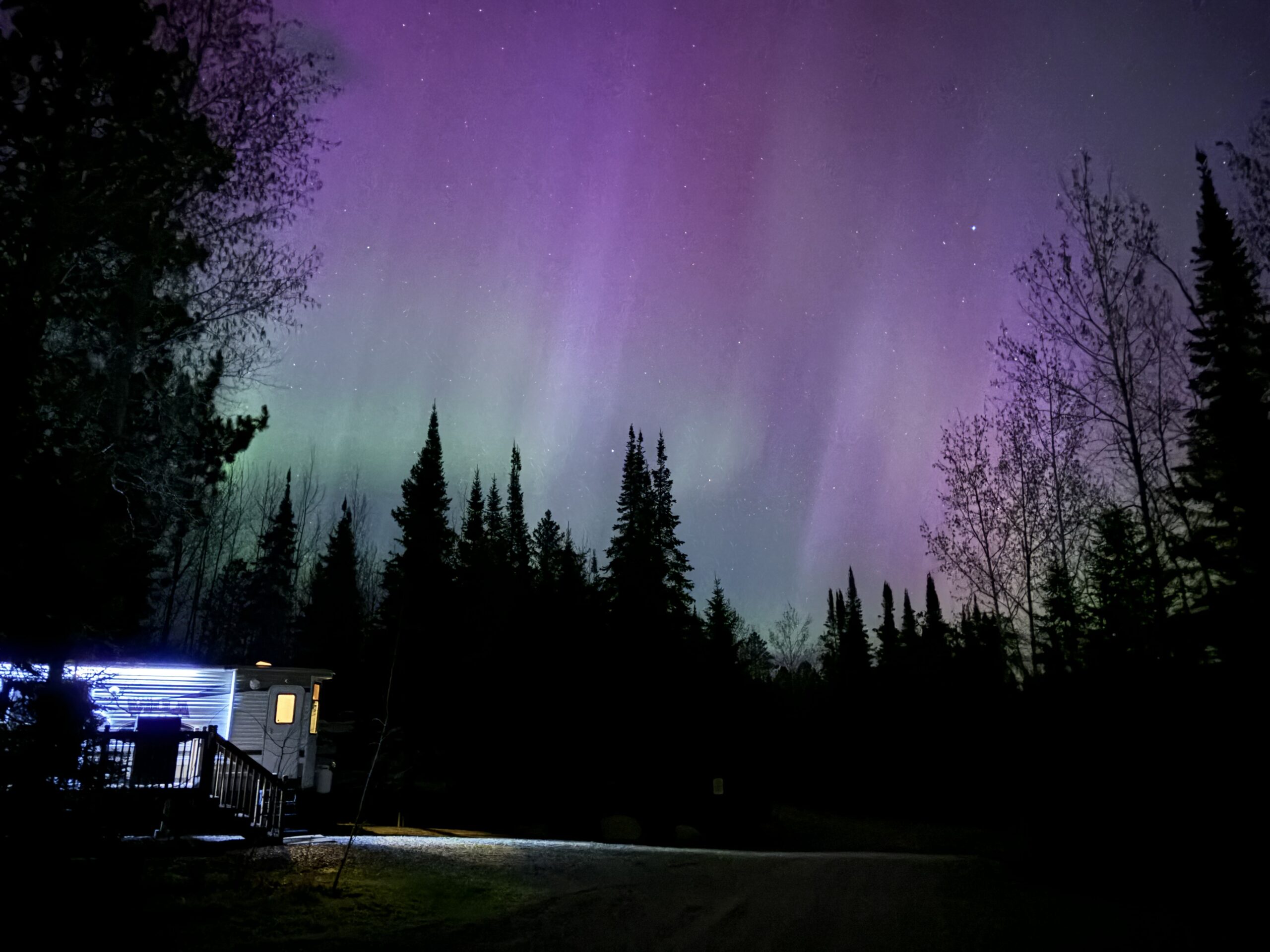
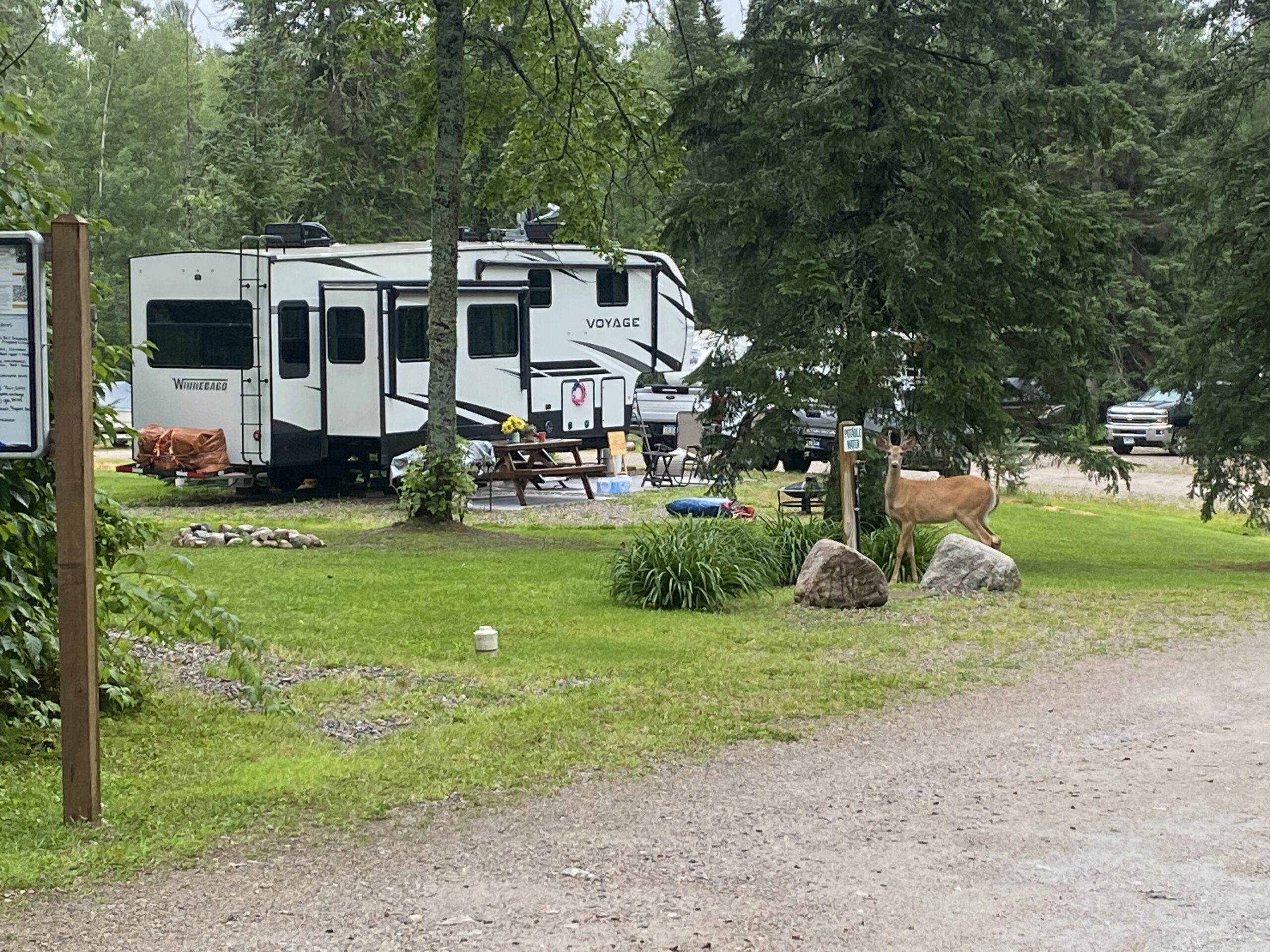

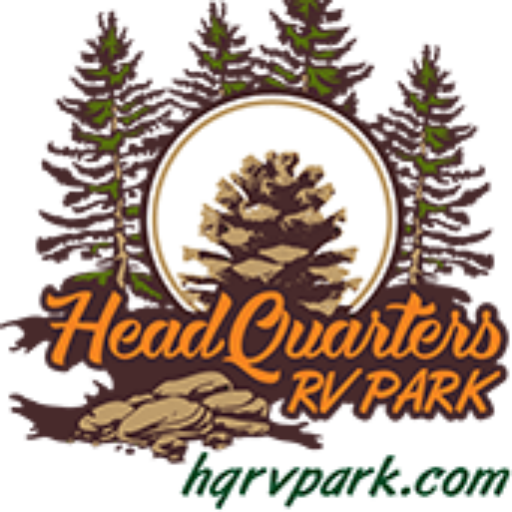

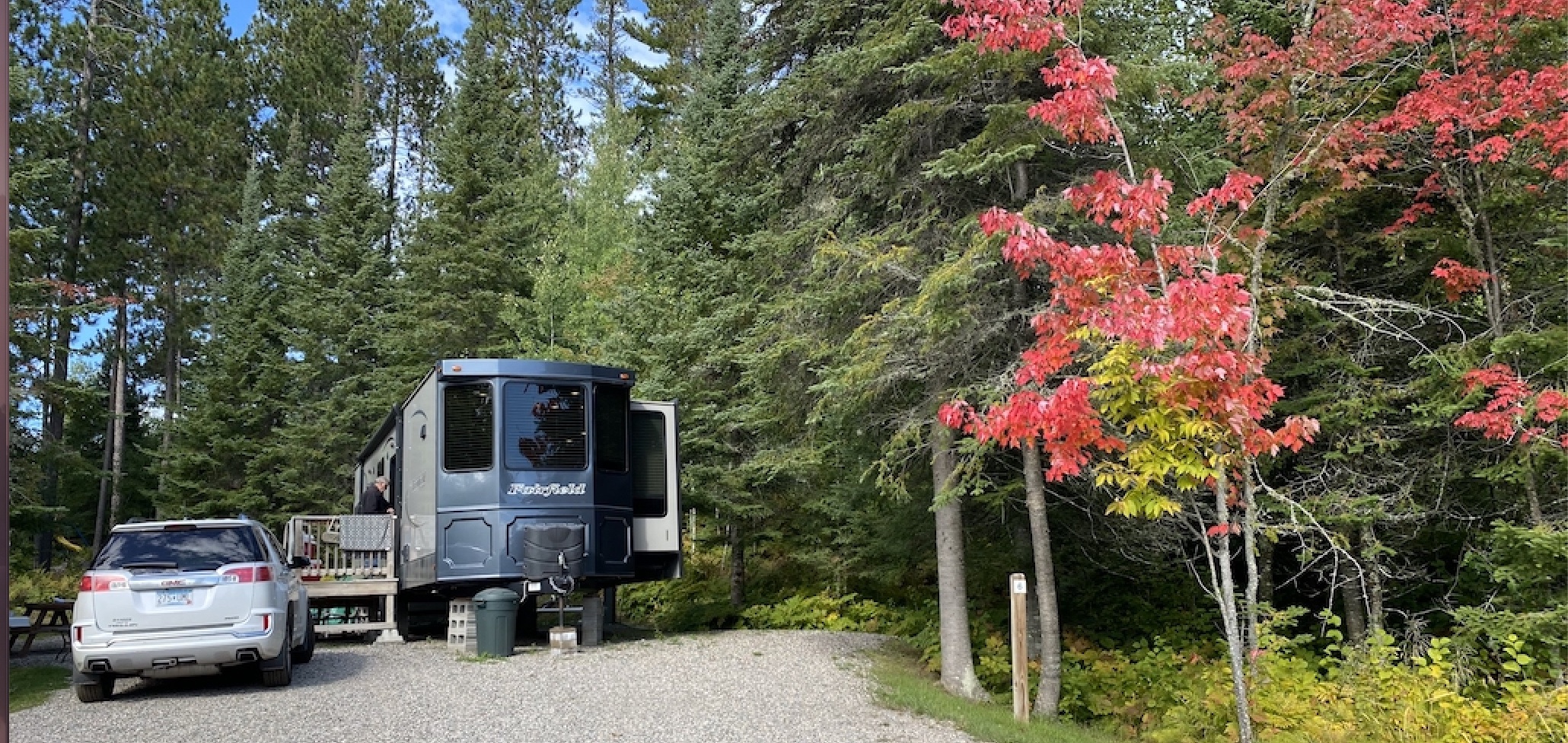
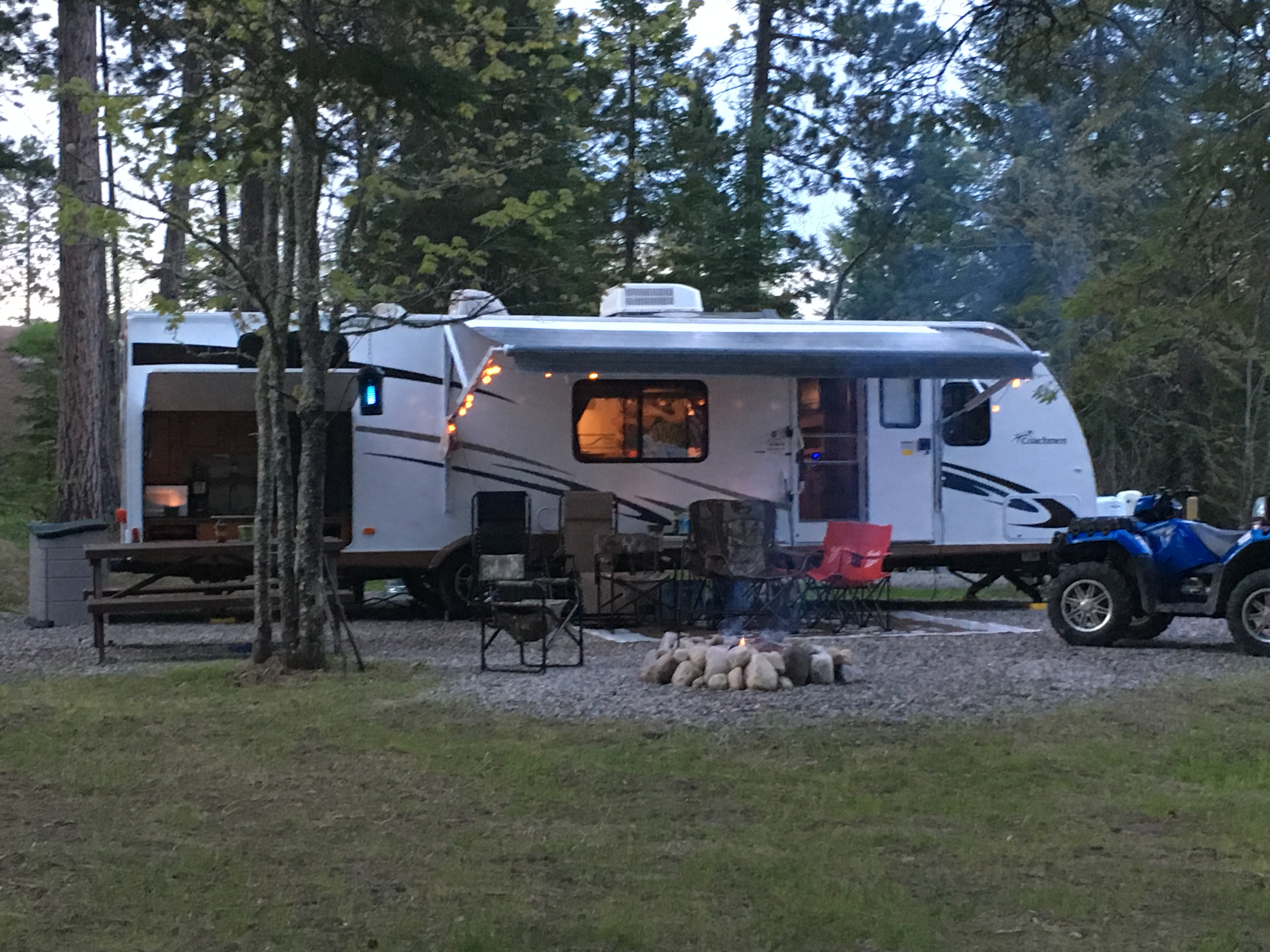


Recent Comments